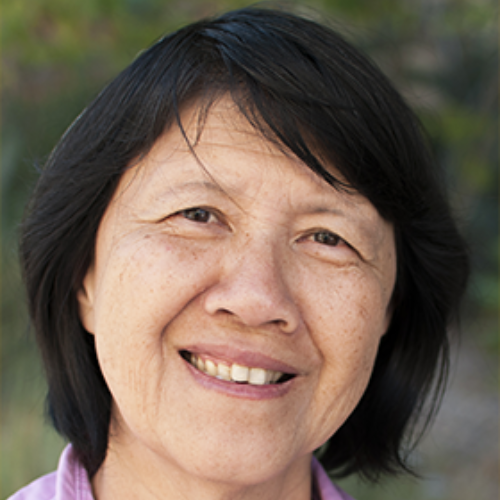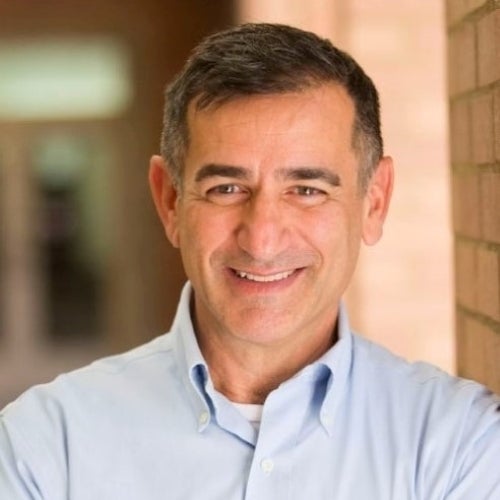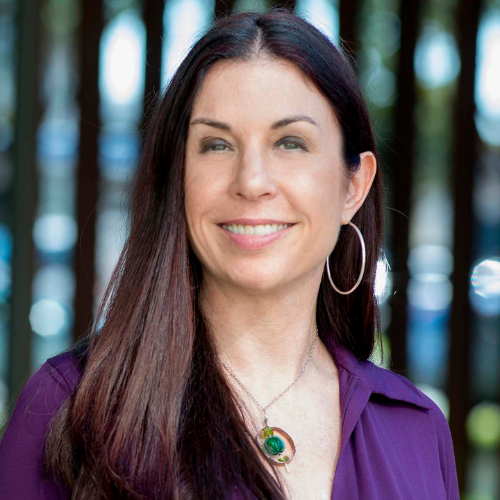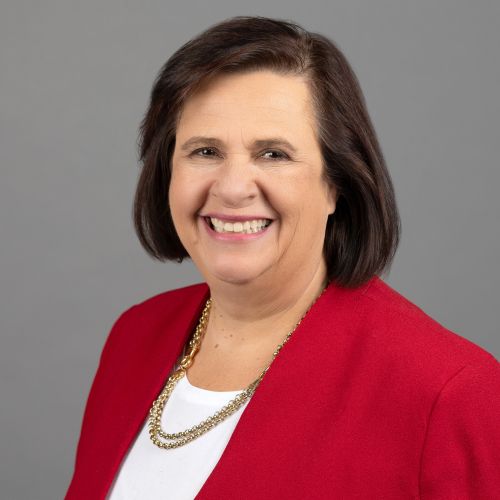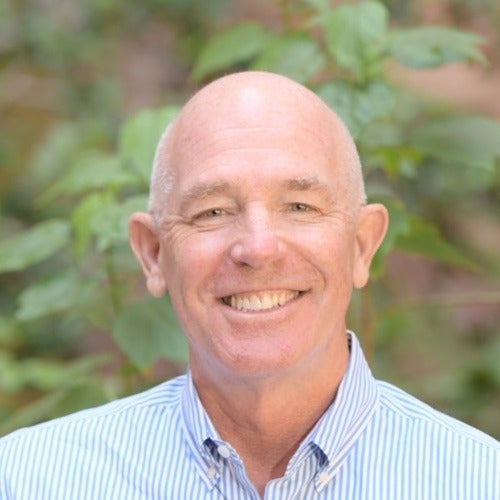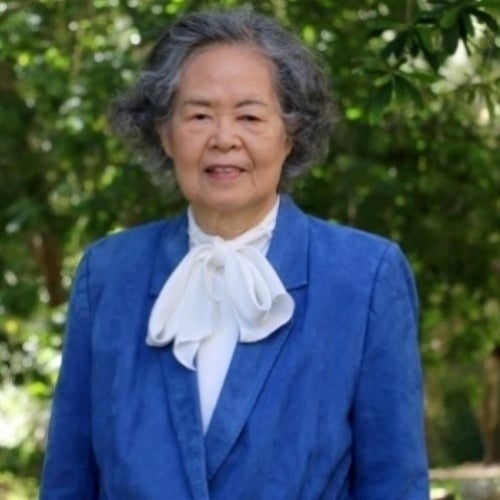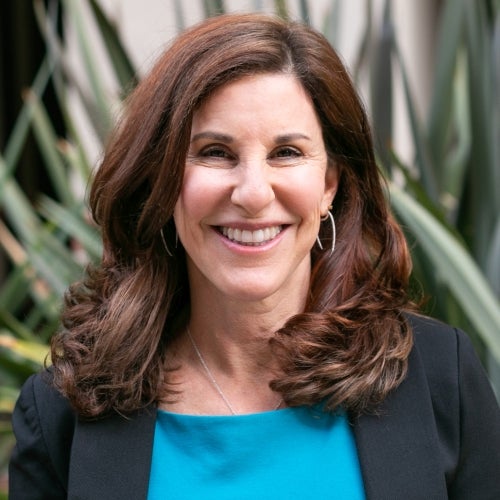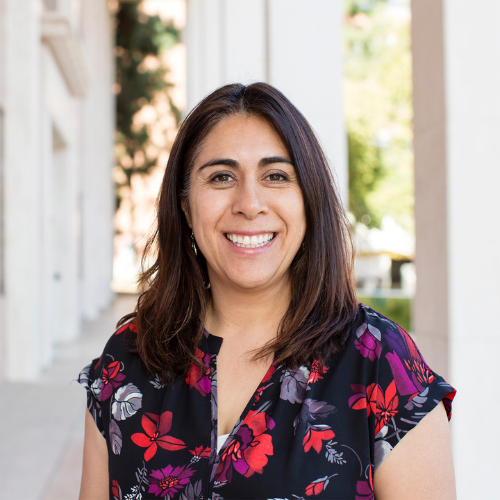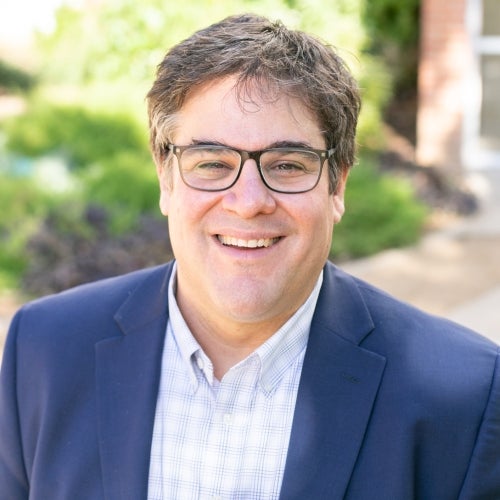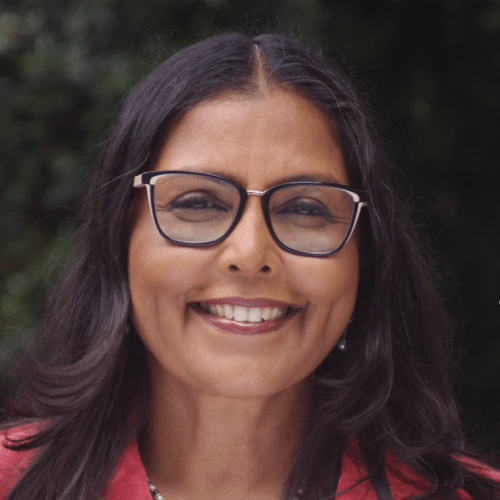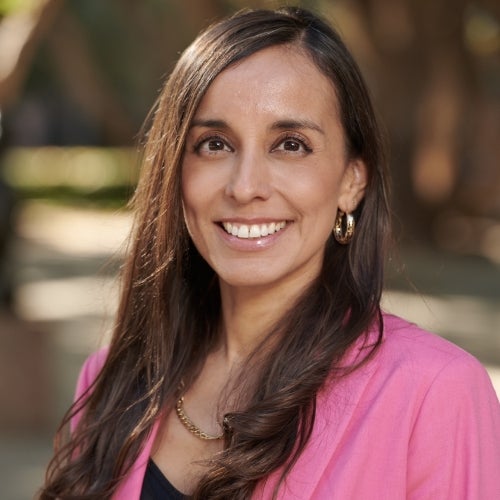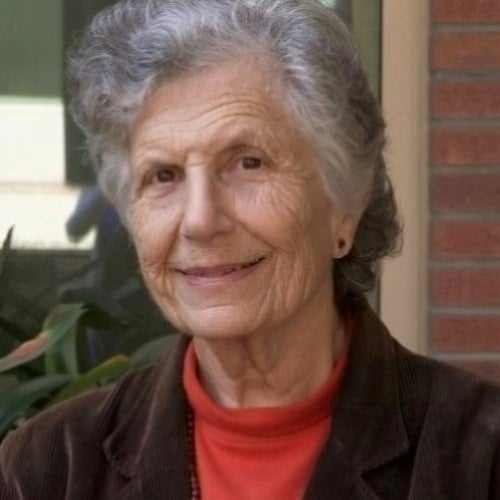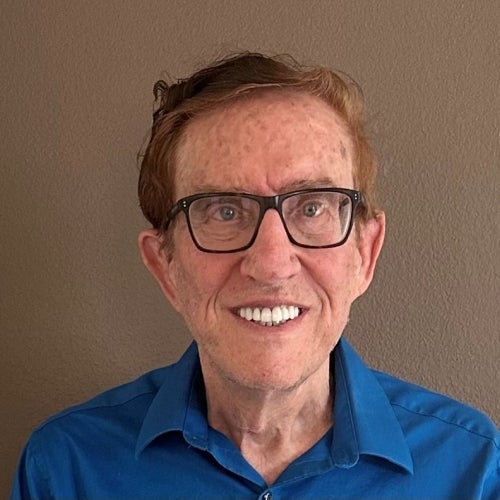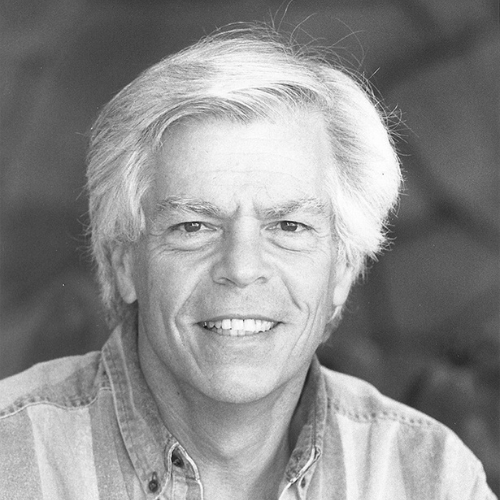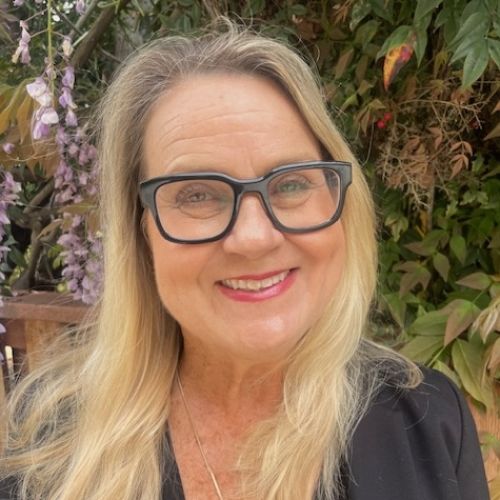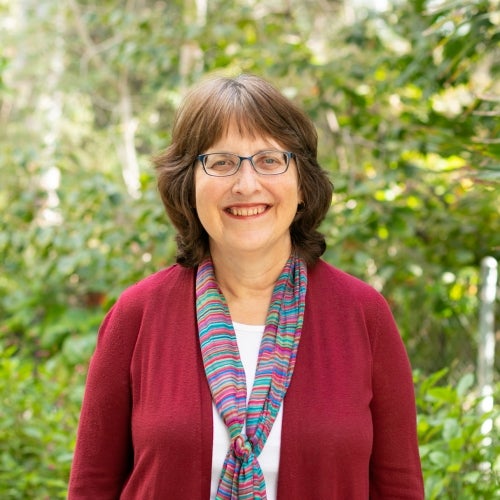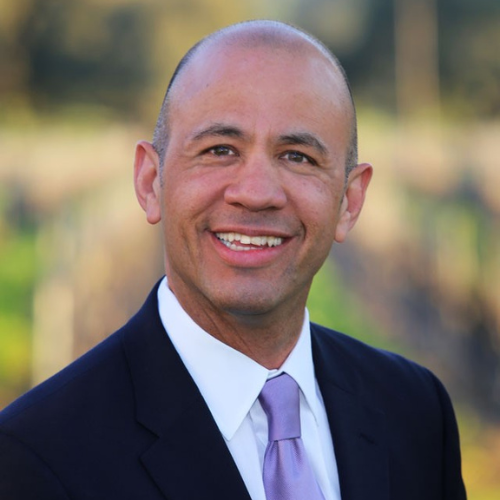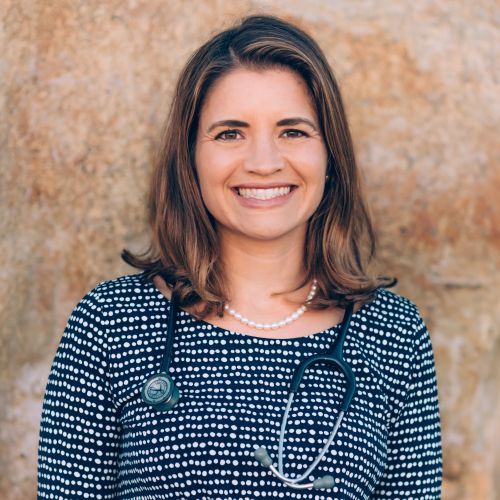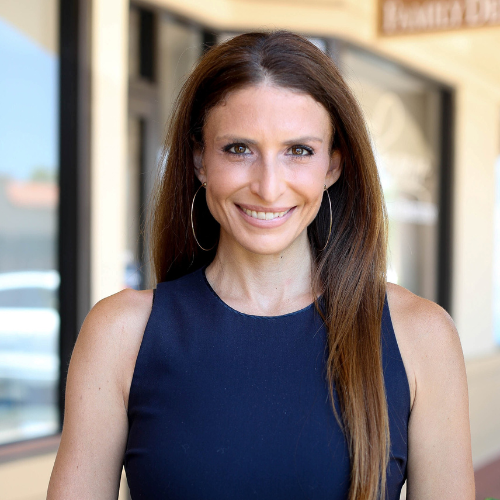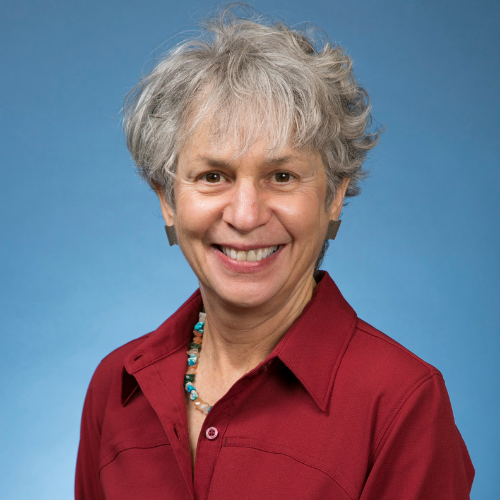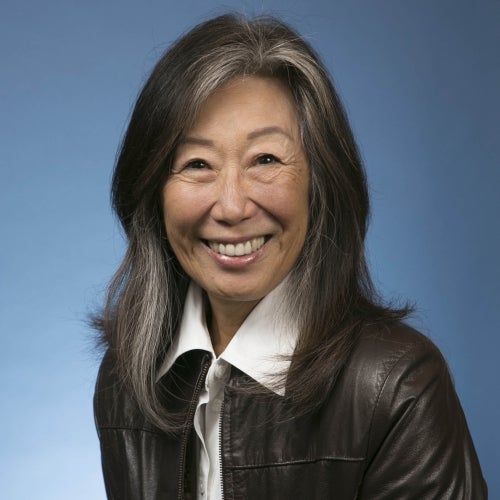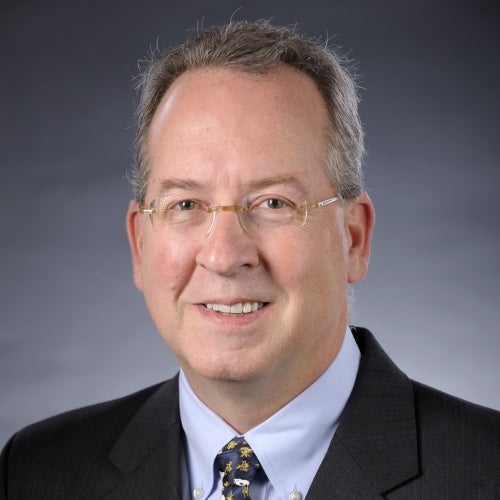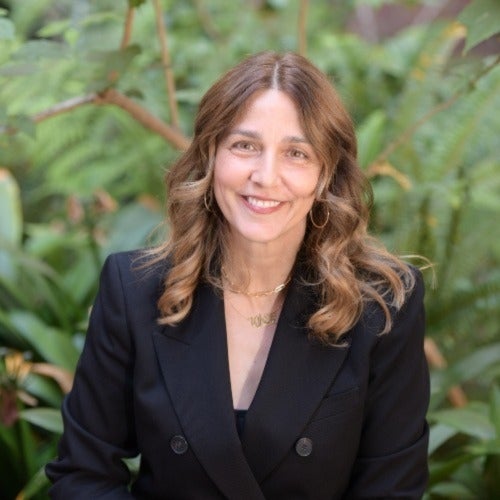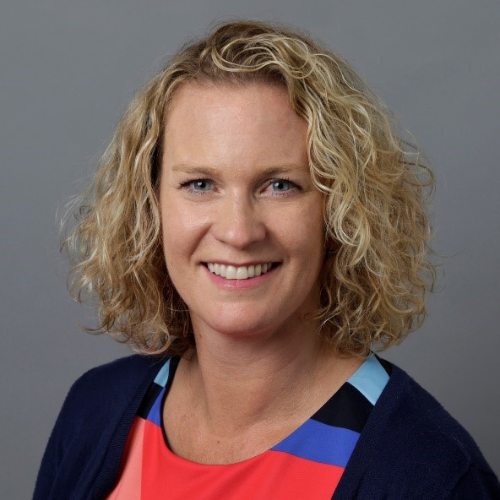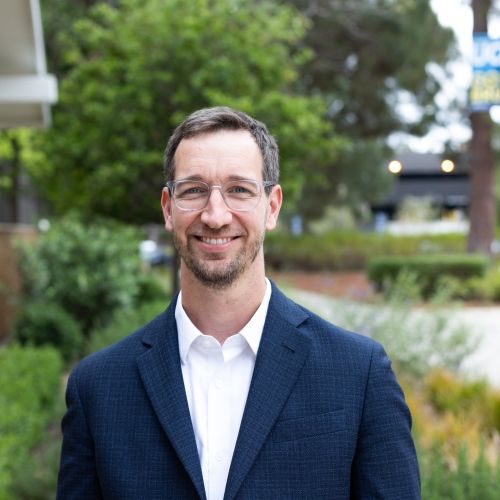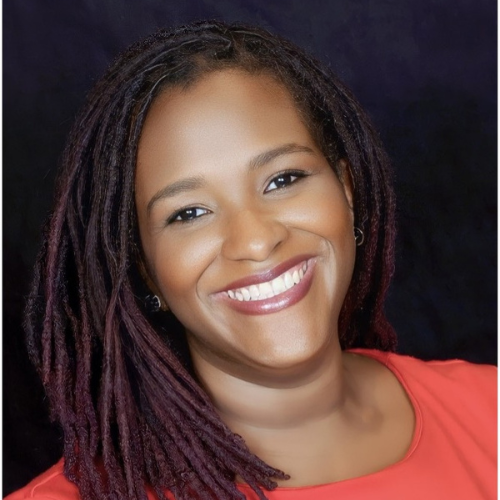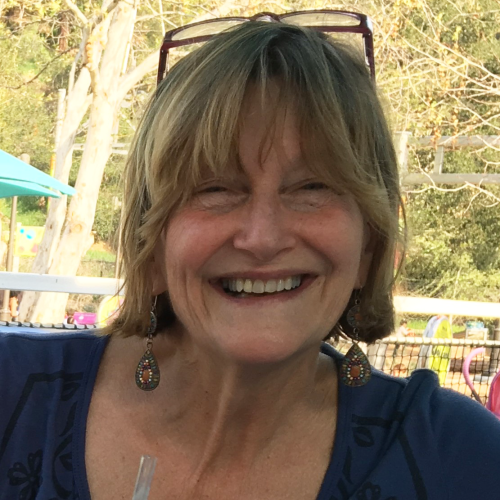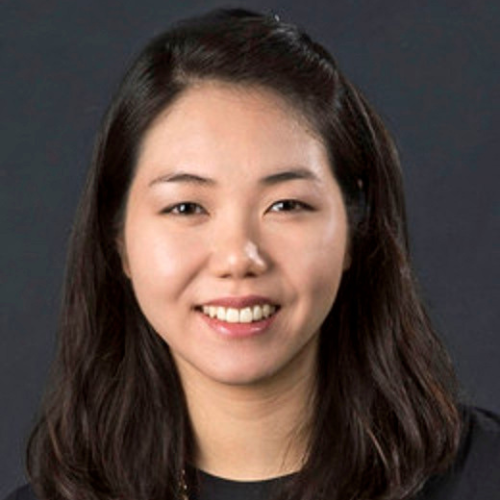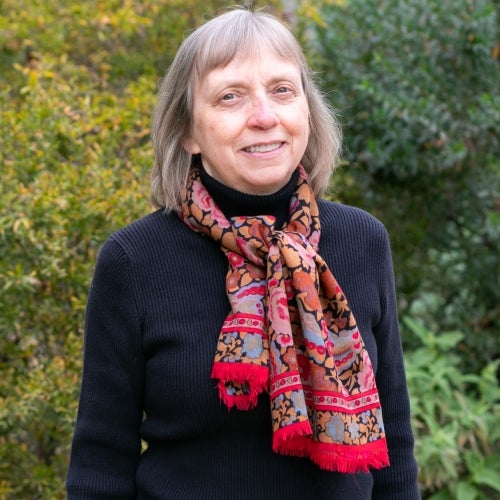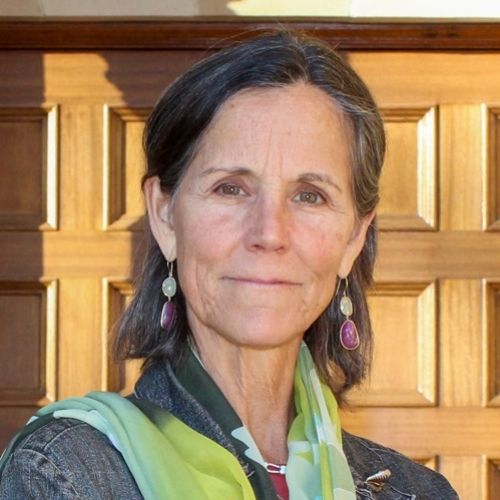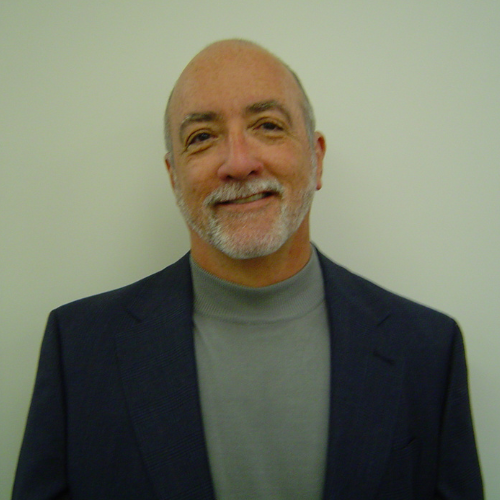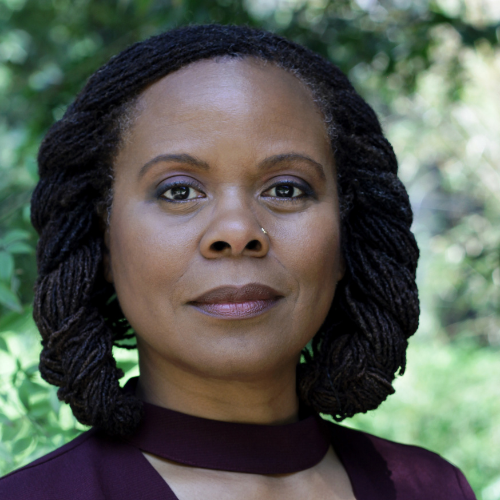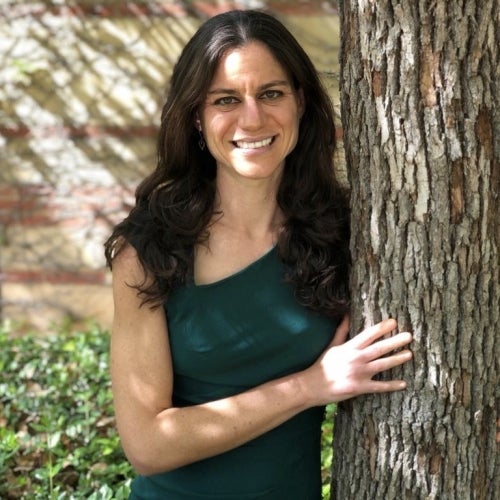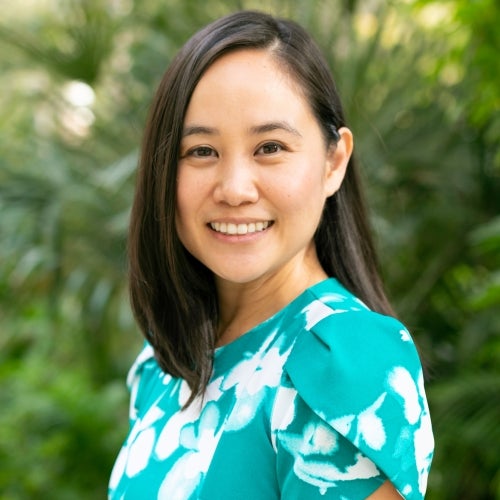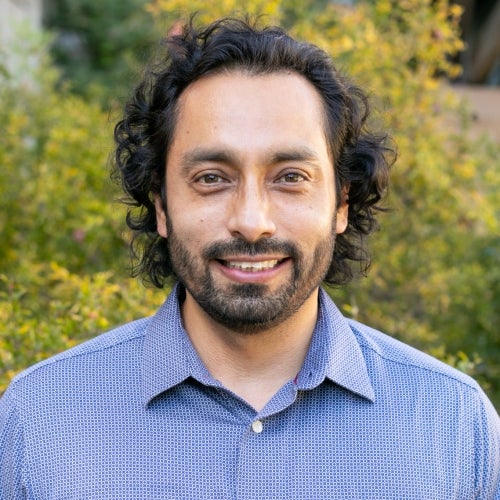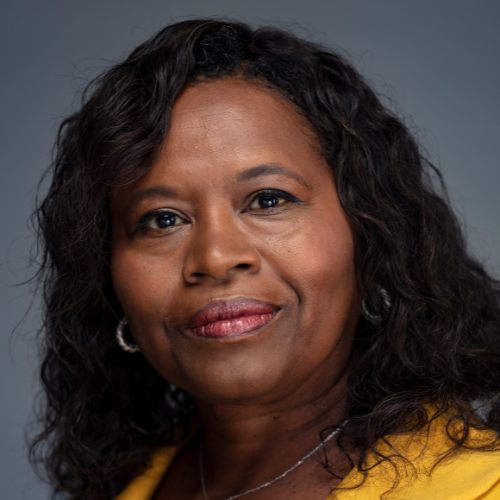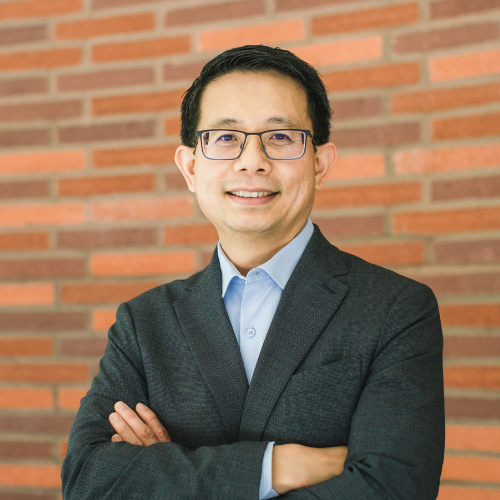Food insufficiency rates in California increased by more than a fifth in earliest months of pandemic
Researchers found that more than 3 million California adults reported experiencing household food insufficiency, an increase from before the pandemic.
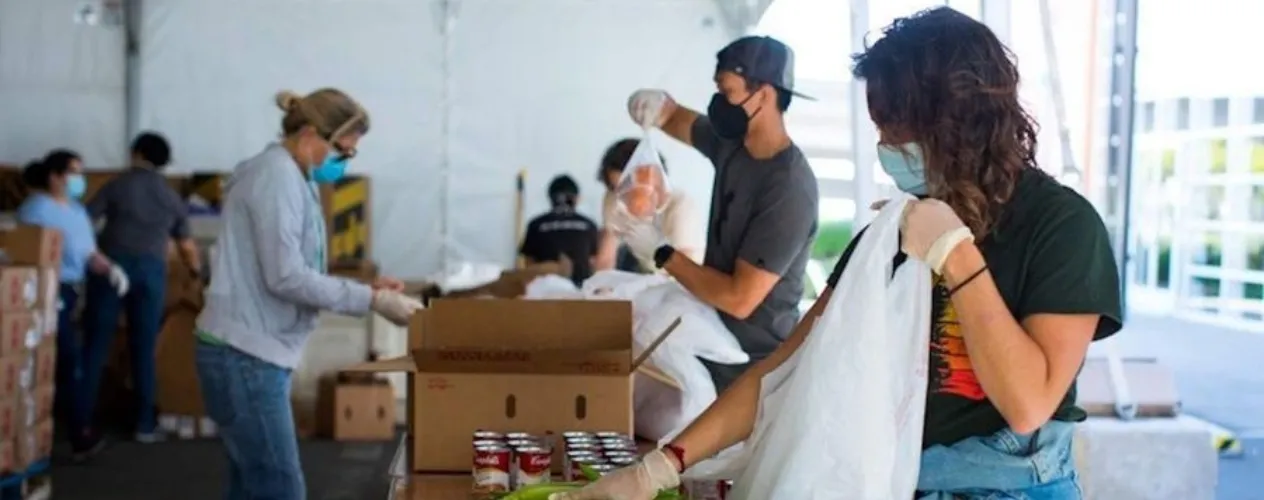
A UCLA team has found that in the first three months of the COVID-19 pandemic, more than three million Californians reported their households went without sufficient food.
That was an increase of 22% from the pre-pandemic rate, and the impact was felt widely across the state, especially among those already facing hunger: those experiencing household food insufficiency prior to COVID-19 were 40 times more likely to be food insufficient - defined simply as “not having enough food to eat.” Of adults who experienced household food insufficiency during COVID-19, almost 80% were food insufficient prior to the pandemic.
“Our findings show regional differences, across California, in food insufficiency risk,” said Dr. May Wang, UCLA Fielding School of Public Health professor of community health sciences and a member of the California Center for Population Research at UCLA. “In particular, disadvantaged households in the San Francisco Bay Area – where income and educational levels are higher, but income inequality and cost of living are also higher – seem to be at higher risk for food insufficiency.”
During the COVID-19 pandemic, disadvantaged households in the San Francisco Bay Area were at higher risk of food insufficiency compared with similar households in Los Angeles, Orange, Riverside, and San Bernardino counties, according to research being published in an upcoming edition of the peer-reviewed journal Public Health Nutrition. The study, already available electronically, was conducted by Wang, Dr. Evelyn Blumenberg, director of the Lewis Center for Regional Policy Studies at the UCLA Luskin School of Public Affairs, and doctoral students Lilly Nhan and Miriam Pinski.
The researchers evaluated U.S. Census Bureau survey data to understand regional differences in the determinants of food insufficiency. The team focused on three metropolitan areas: San Francisco, Oakland and Berkeley; Los Angeles, Long Beach and Anaheim; and Riverside, San Bernardino and Ontario. Overall, the rate of food insufficiency was lowest in the Bay Area, one of the state’s most affluent regions. However, the Bay Area’s disadvantaged households fared worse than their counterparts in the southern part of the state.
“Our most notable finding is that these food insufficiency issues were magnified for San Francisco Bay Area households,” Blumenberg said. “For example, Black households in the Bay Area were more likely to suffer from food insufficiency during the COVID-19 crisis than Black households in the southern California MSAs.”
The researchers found that Bay Area households that were food insufficient prior to the COVID-19 crisis were 55 times more likely to be food insufficient during the crisis than food sufficient households, compared to 40 times more likely statewide. Similarly, Bay Area households in the bottom two income categories were about twice as likely to be food insufficient than their counterparts in LA-Anaheim and Riverside-San Bernardino. However, the researchers noted that the Census Bureau data are limited.
“While the Census data and this analysis were useful, they do have limitations,” Pinski said. “The Census survey was administered online, so people without access to the Internet are under-represented in the sample.”
With that caveat, however, there are useful lessons learned: as one example, the study pointed to Los Angeles as a region where an active food distribution network was already in place, enabling governments, schools and community organizations to respond more effectively to the sudden increases in food insecurity brought about by the pandemic.
“Notably, the Los Angeles Unified School District, one of the largest in the nation, responded by providing free food at ‘Grab and Go’ food centers not only to students but to community members as well,” Nhan said. “In addition, the presence of an active local food policy council may have supported efforts of the Los Angeles Regional Food Bank to widely distribute food through community-based organizations including faith-based entities.”
Methods: Through the Census Household Pulse Survey (CHHPS), the Census Bureau has been measuring changes in food insufficiency during this pandemic, beginning data collection via the internet on April 23, 2020. Researchers used data from the CHHPS to examine regional differences in the determinants of food insufficiency in three California metropolitan statistical areas (MSAs): San Francisco-Oakland-Berkeley (SF-Bay Area), Los Angeles-Long Beach-Anaheim (LA-Anaheim), and Riverside-San Bernardino-Ontario (Riverside-San Bernardino).
Funding: This research received no specific external funding.
Citation: Blumenberg, E., Pinski, M., Nhan, L., & Wang, M. (2021). Regional differences in the impact of the COVID-19 pandemic on food sufficiency in California, April-July, 2020: Implications for food programs and policies. Public Health Nutrition, 1-23. https://doi:10.1017/S1368980021001889
by Mary Braswell
The UCLA Fielding School of Public Health, founded in 1961, is dedicated to enhancing the public's health by conducting innovative research, training future leaders and health professionals from diverse backgrounds, translating research into policy and practice, and serving our local communities and the communities of the nation and the world. The school has 631 students from 26 nations engaged in carrying out the vision of building healthy futures in greater Los Angeles, California, the nation and the world.
Faculty Referenced by this Article
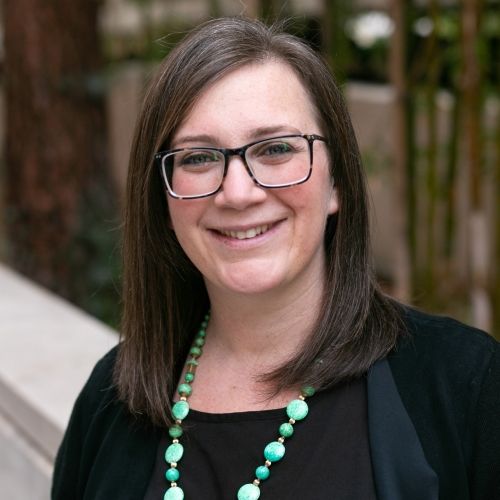
Director of Field Studies and Applied Professional Training

Robert J. Kim-Farley, MD, MPH, is a Professor-in-Residence with joint appointments in the Departments of Epidemiology and Community Health Sciences
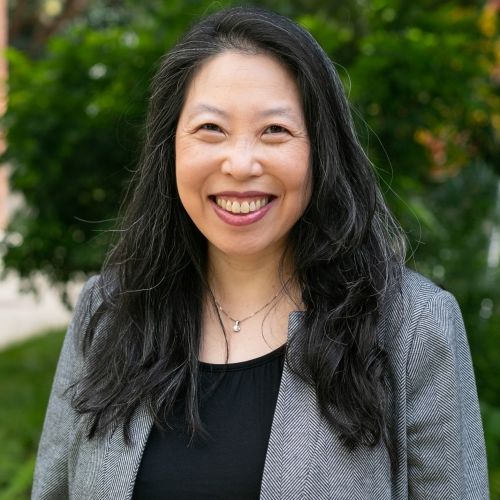
Assistant Dean for Research & Adjunct Associate Professor of Community Health Sciences

Professor of Community Health Sciences & Health Policy and Management, and Associate Dean for Research
